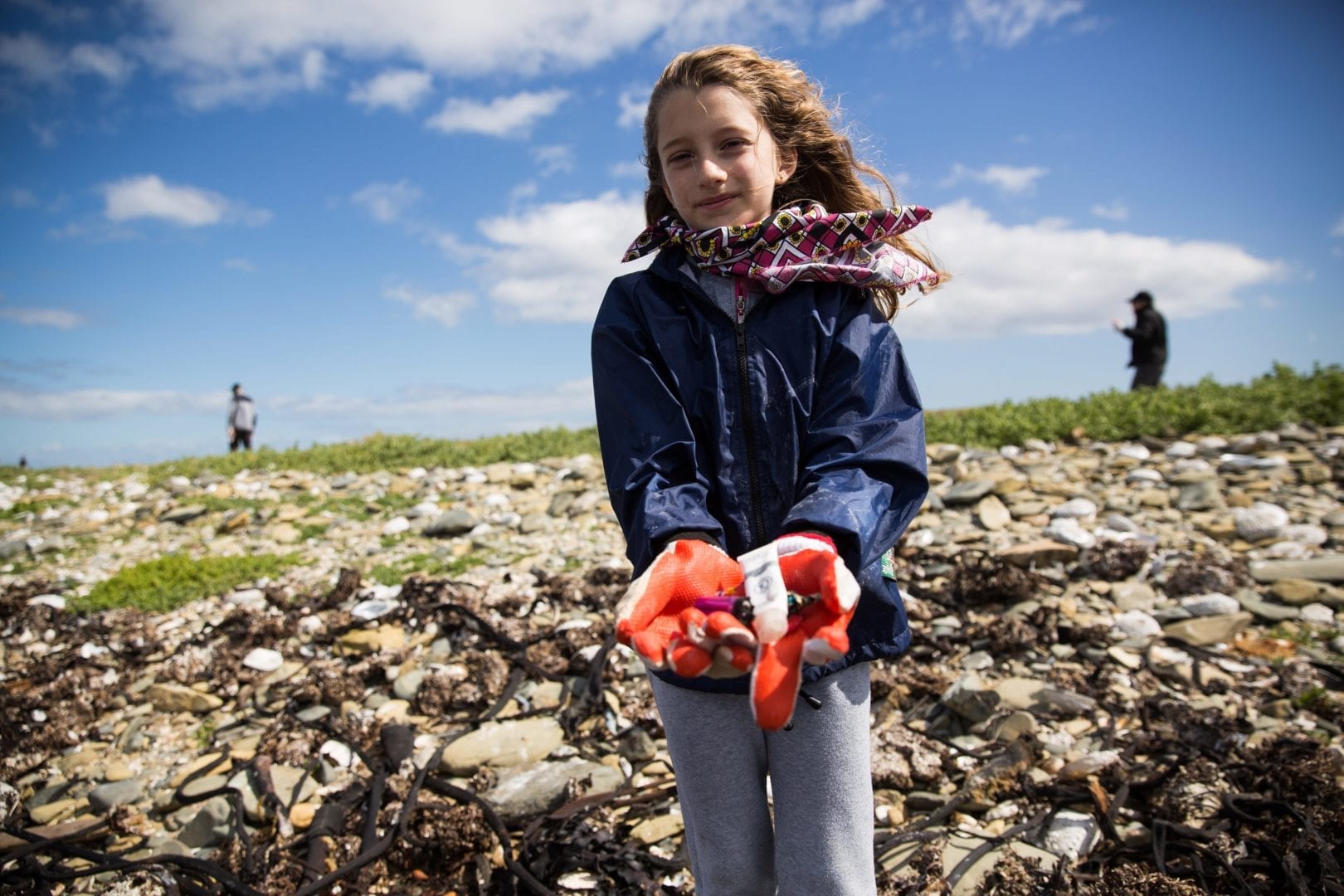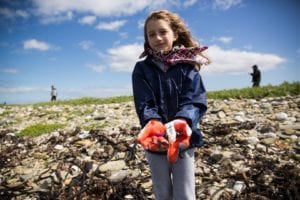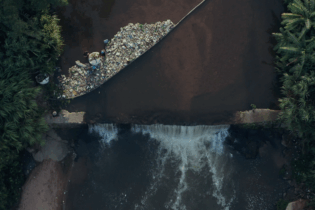
International Coastal Cleanup (ICC) efforts on Robben Island, off the coast of Cape Town, South Africa. More than 18 million pounds of trash was collected by nearly 800,000 volunteers during the 2015 ICC.
One of the highlights of this annual environmental awareness event will be the 21st International Coastal Clean-Up Day (ICC) that will be taking place on Saturday, 16 September 2017.
Clean-up and Recycle SA Week, which will be taking place between 11 and 17 September 2017, is an annual initiative by the local plastics industry. Each year, close to 120,000 volunteers participate in these clean-up activities that take place along roadsides, rivers, schools, residential and illegal dumping areas. The initiative is supported by provincial governments, local municipalities, environmental organisations, businesses, schools and communities.
“The aim of this week is to increase an awareness of the social, environmental and economic benefits of recycling,” said Douw Steyn, sustainability director of Plastics|SA. “During this time, we encourage communities, schools and businesses to clean-up the areas where they work, live and play by collecting the litter and ensuring that it gets recycled.”
International Coastal Clean-up Day is the world’s biggest annual volunteer effort for ocean health and sees thousands of people flock to beaches to pick up and remove litter found in the marine environment.
While Ocean Conservancy is the international coordinator of the ICC, Plastics|SA coordinates the beach clean-ups that take place in the three Cape provinces, as well as various river clean-ups that take place inland.
“We are proud to partner with KZN Marine Waste Network members who take responsibility for coordinating beach clean-ups at all the major beaches in KwaZulu-Natal,” Steyn said. “To date, nearly 12 million people have been part of the world’s biggest volunteer effort to protect the ocean, and South Africa is a major part of this success story.”
Plastics|SA said it was also seeing an increase in the number of clean-ups being organised inland at rivers, streams and other water sources as the public realise higher trash travels. “All litter eventually finds its way to our country’s oceans and onto the beaches”, Steyn said.
Land to ocean: waste
Approximately 75% of ocean litter is derived from land based waste. Without effective waste collection methods and systems, an avalanche of debris will continue to enter the world’s ocean. To prevent this, Plastics|SA said it encourages South Africans of all ages, races and backgrounds to participate in this year’s Clean-up and Recycle Week SA activities.
“At its core, ocean trash is a people problem perpetuated by the often unwitting practices that industry and people have adopted over time,” Steyn said. “It affects human health and safety, endangers marine wildlife and costs states and nations countless millions in wasted resources and lost revenue.
“This year we are celebrating our 21
st year of being involved in the International Coastal Clean-up Day,” he added. “In human years, we would now be considered an adult, and have to adopt adult ways. Our sincere hope is that South Africans will mature in the way we consider litter by realising the impact our actions have on the environment. We can turn the tide on waste if we all work together!”
*For more information or to participate in the 2017 International Coastal Clean-Up, visit www.cleanupandrecycle.co.za or for more information www.plasticsinfo.co.za








